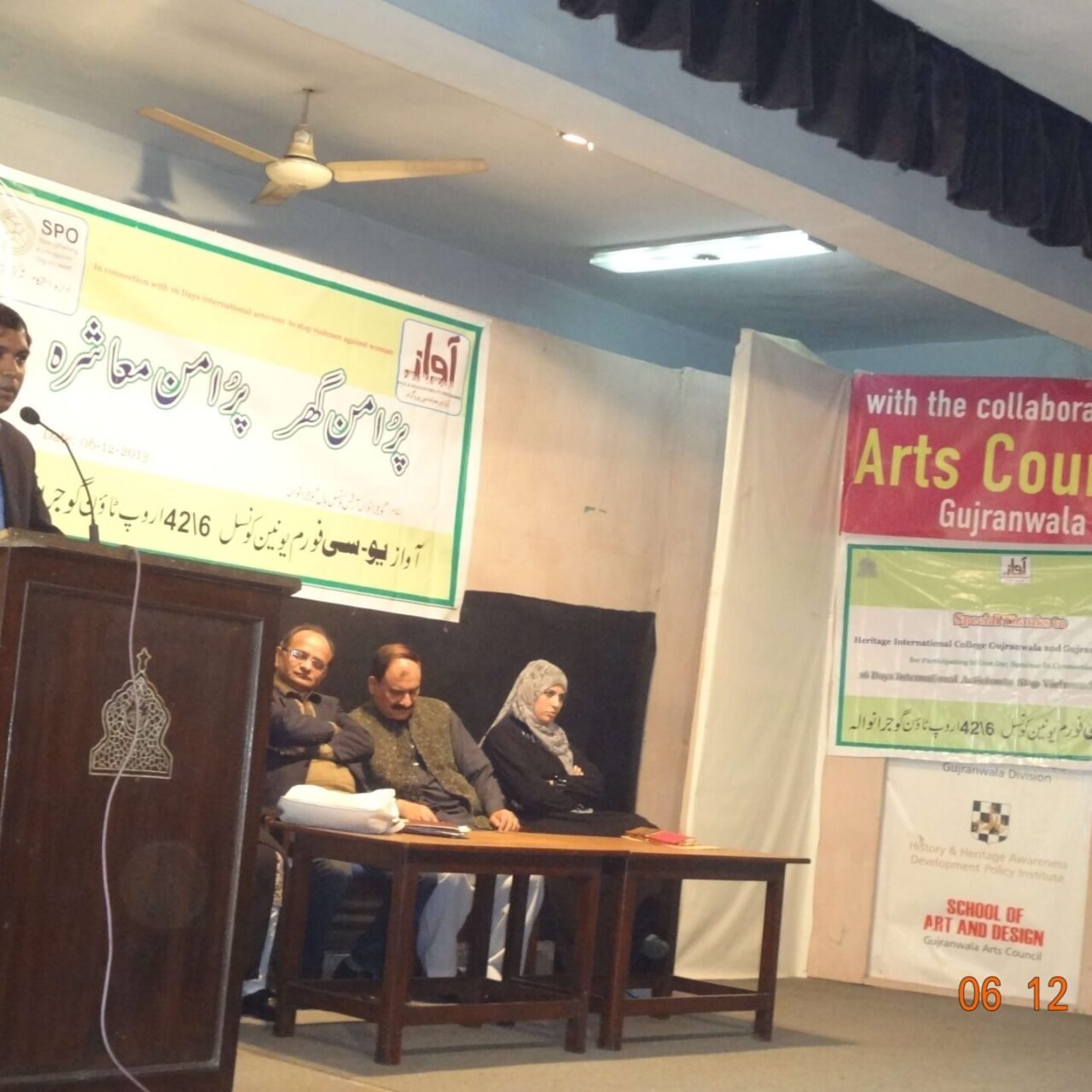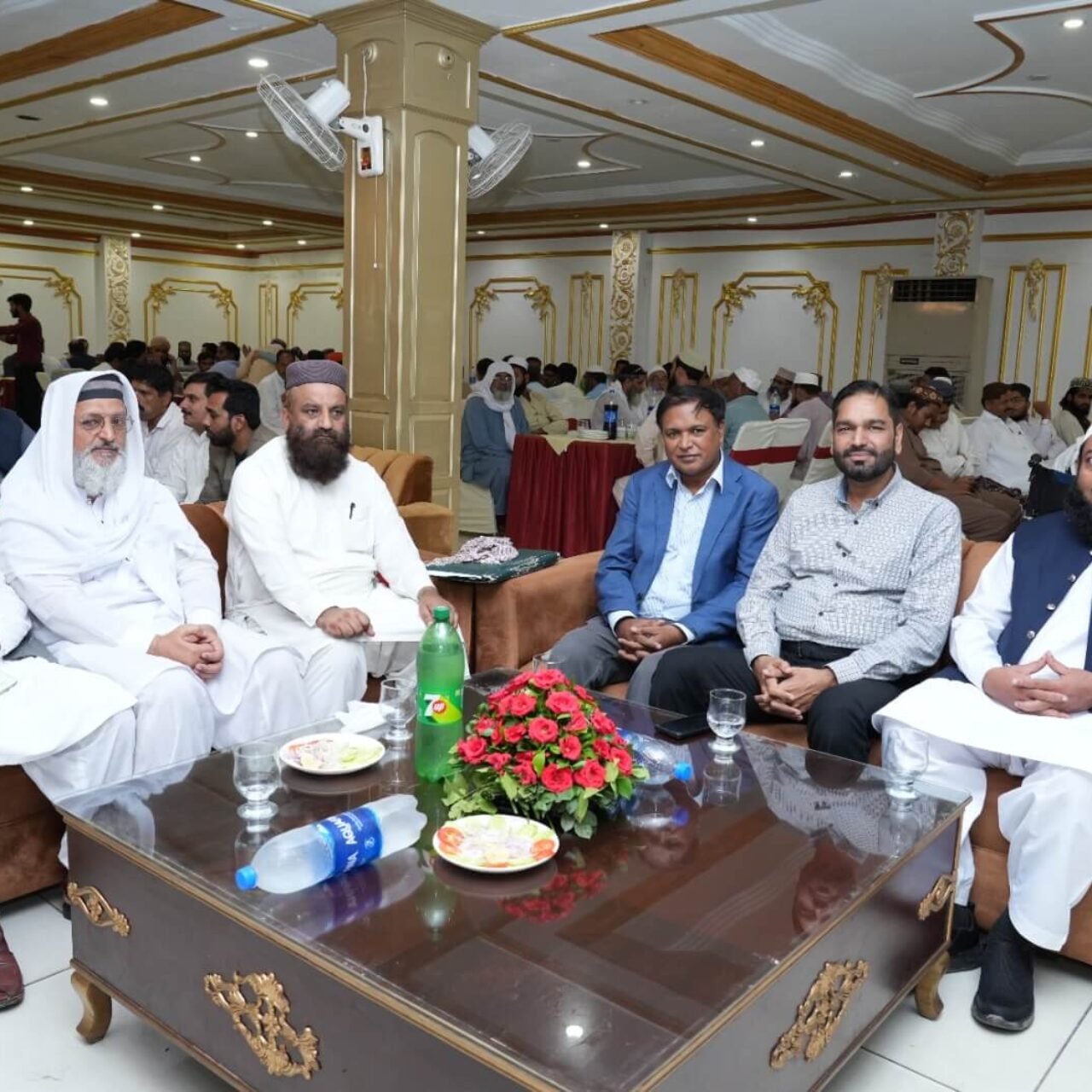Christian participation in Eid al-Adha celebrations brings peace and harmony
These employees dispose of the remains of sacrificial animals on the three days of Eid. These workers were invited to celebrate the joys of Eid al-Adha. This was the best practical example of interfaith harmony, peace, brotherhood, sisterhood, and religious tolerance. These employees were invited on the 9 th day of June 2025 at Model Town, Gujranwala, where we distributed gifts among them after lunch.
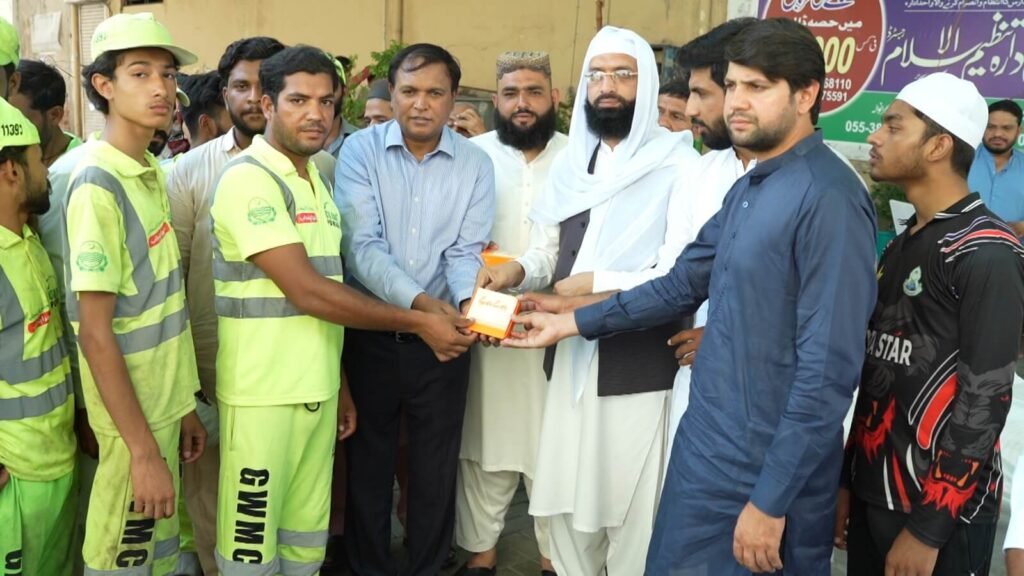
These were happy and precious moments for me. Because we are struggling for the promotion of religious harmony among all sections of society, for a peaceful society. Sharing the joys of Eid with Christian employees is a success of our struggle and outreach. Such practical steps increase the positive and sustainable possibilities for enhancing religious harmony in society. In which the role of positive-thinking scholars is important.
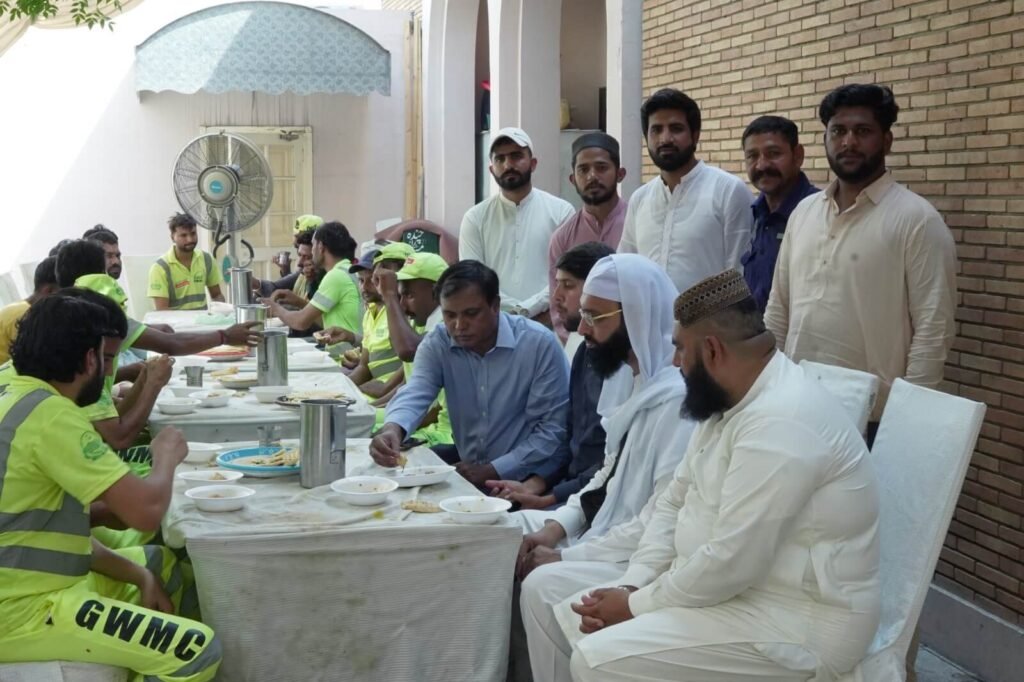
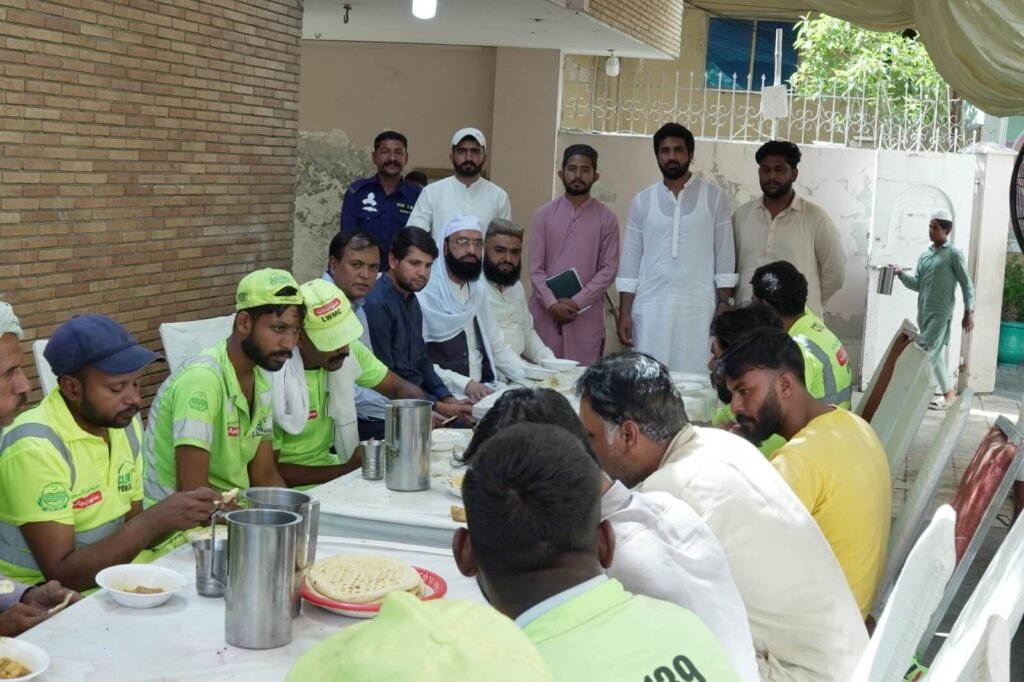
Like every year, this year too, a meeting was held under the chairmanship of Deputy Commissioner Gujranwala Naveed Ahmed regarding peace and order on Eid-ul-Adha. In which emphasis was placed on religious harmony.
I shared my views about religious and interfaith harmony in Gujranwala. Besides, I wish Eid al-Adha to the Civil and Police officials and religious leaders.
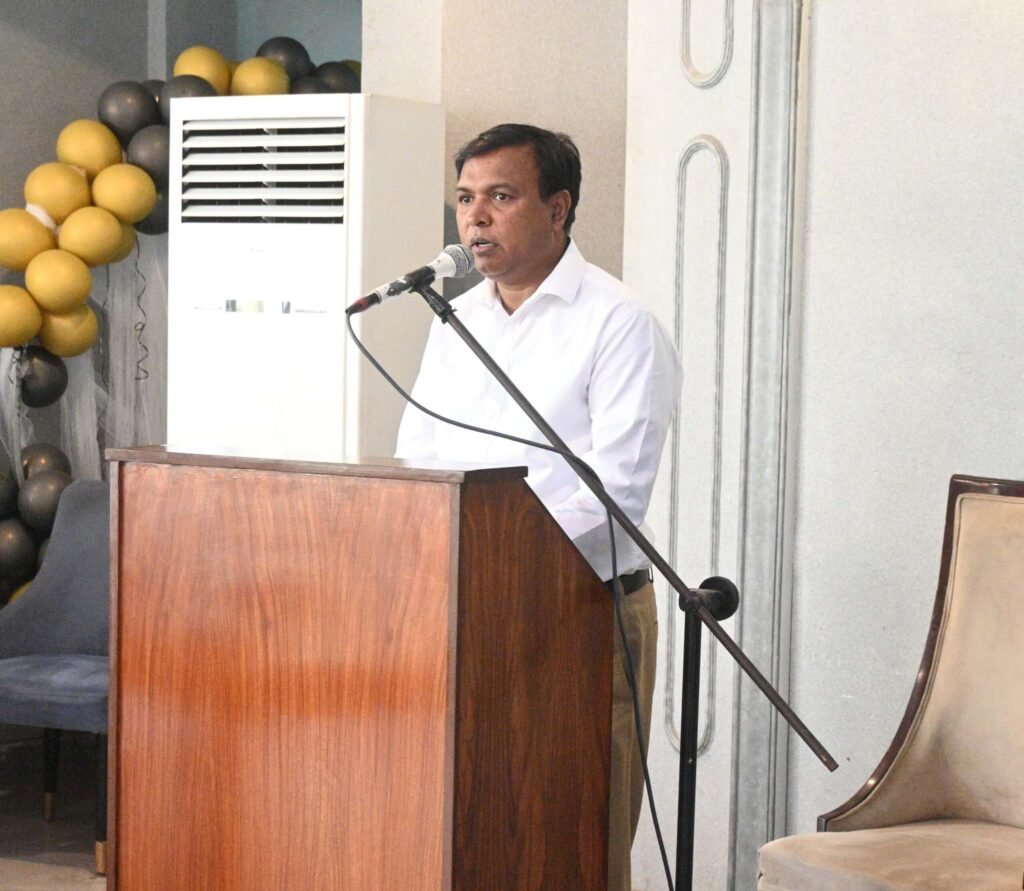
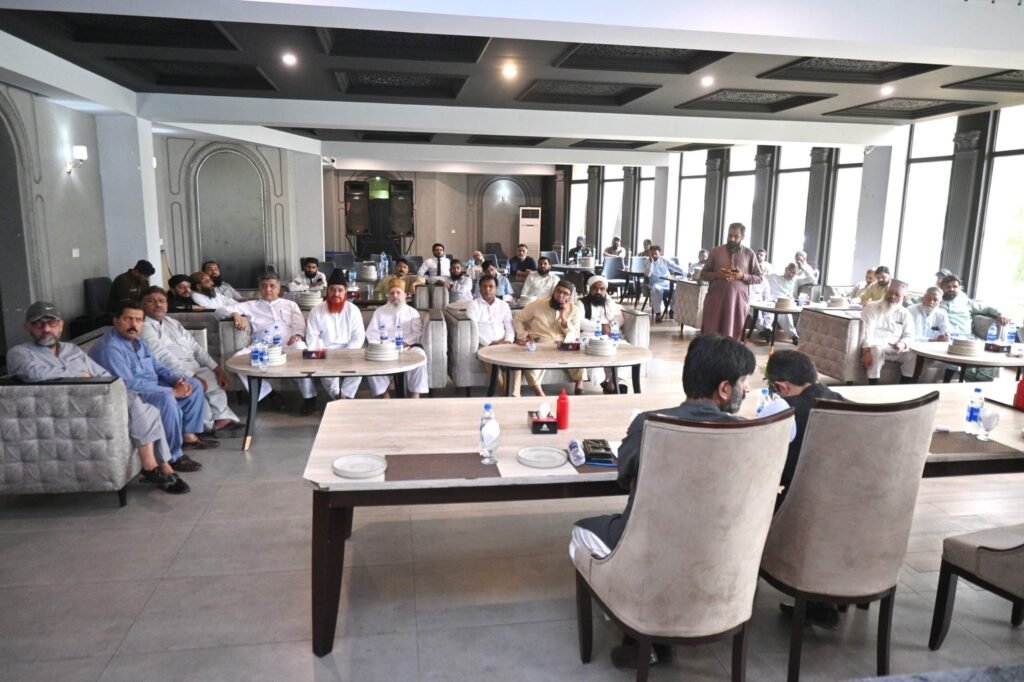
The vibrant and peaceful celebrations of Eid al-Adha span three days of religious devotion, community gatherings, and sacrificial offerings. The district administration, in collaboration with law enforcement and civic bodies, made extensive preparations to ensure a smooth experience for citizens. The celebrations began with Eid prayers held at mosques and open grounds, where thousands of people gathered in a spirit of unity and devotion. Imams and religious leaders delivered sermons highlighting the message of sacrifice, empathy, and faith associated with the occasion.
Precautionary measures were taken across Gujranwala to maintain cleanliness and order during the three days of Eid. Sanitation workers were deployed in large numbers, especially in areas where sacrifices were carried out. Quick response teams collected waste from streets and homes to prevent foul smells and the spread of disease. The city’s waste management company worked around the clock to ensure that all remains from sacrificial rituals were disposed of promptly and responsibly. Health and municipal departments coordinated to make the city clean and safe.
To accommodate the surge in livestock trade, the District Government established a large and organized cattle market at a designated location. The market was operational several days before Eid and remained open through the festival to cater to last-minute buyers. The site was equipped with proper lighting, sanitation, water supply, and security arrangements to ensure the safety and convenience of both traders and buyers. Special traffic plans were enforced to prevent congestion in the surrounding areas, allowing for a smooth flow of vehicles and pedestrians.
One of the key features of this year’s arrangements was the provision of facilities to livestock traders. Clean sheds, water troughs, and temporary shelters were set up to protect animals from heat and rain. The government also facilitated the entry of traders from other regions, ensuring fair opportunities and prices for citizens. Officials were deployed to monitor pricing and prevent exploitation, while complaint centers were established at the market site to address any issues promptly.
Because of public health and animal welfare, the Distric Government ensured the availability of veterinary doctors on-site at the cattle markets and across the city. These professionals provided free checkups, vaccinations, and necessary treatment to animals, reducing the risk of disease outbreaks. The public was encouraged to buy healthy animals and follow prescribed guidelines for animal care and slaughter. Awareness messages were disseminated through local media and mosques regarding hygienic practices and safe meat handling.
Furthermore, the Deputy Commissioner (DC) office issued special NOCs (No Objection Certificates) and permissions to registered madrassas, mosque committees, and organizations wishing to perform collective Qurbani. These permissions were granted after ensuring compliance with SOPs regarding public health, cleanliness, and religious sensitivity. All such groups were directed to perform the ritual in designated areas and under the supervision of responsible authorities. This ensured transparency, discipline, and safety throughout the religious proceedings, marking another successful and well-managed Eid ul Adha in Gujranwala.
Following the directions of the Deputy Commissioner Gujranwala, an extensive cleanliness operation was launched during the three days of Eid ul Adha to manage and dispose of the remains of sacrificed animals across the city. Field workers, sweepers, and cleanliness staff of the Solid Waste Management Company, in collaboration with Imperial Company, were mobilized in full force to ensure that the city remained clean and hygienic during and after the sacrificial activities. Special duty rosters were prepared in advance, and workers were deployed in shifts to cover all urban and rural areas, including narrow streets and densely populated neighborhoods.
To support the large-scale operation, a variety of machinery and vehicles were utilized, including dumpers, rickshaws, tractor trolleys, hand trolleys, and motorcycle rickshaws. These vehicles made multiple rounds to collect animal waste and transport it to designated disposal sites outside city limits. Lime powder and disinfectants were also spread in affected areas to prevent the spread of odor and disease. Citizens appreciated the tireless efforts of the cleaning staff, who worked around the clock despite the holiday, demonstrating the District Government’s commitment to public health and environmental responsibility.

